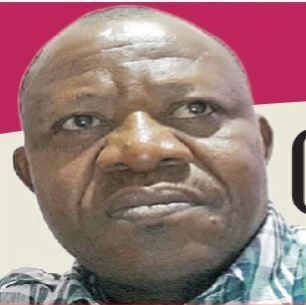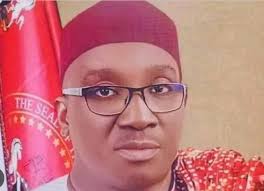Thirty years ago, the Ogoni people’s struggle finally pierced through the iron curtain of the international community’s attention. It took the spilling of blood and emasculation of the Ogoni elite for the world to take note. In April 1994, I had the privilege of encountering foremost author and Ogoni activist, Ken Saro-Wiwa, at a seminar in …

